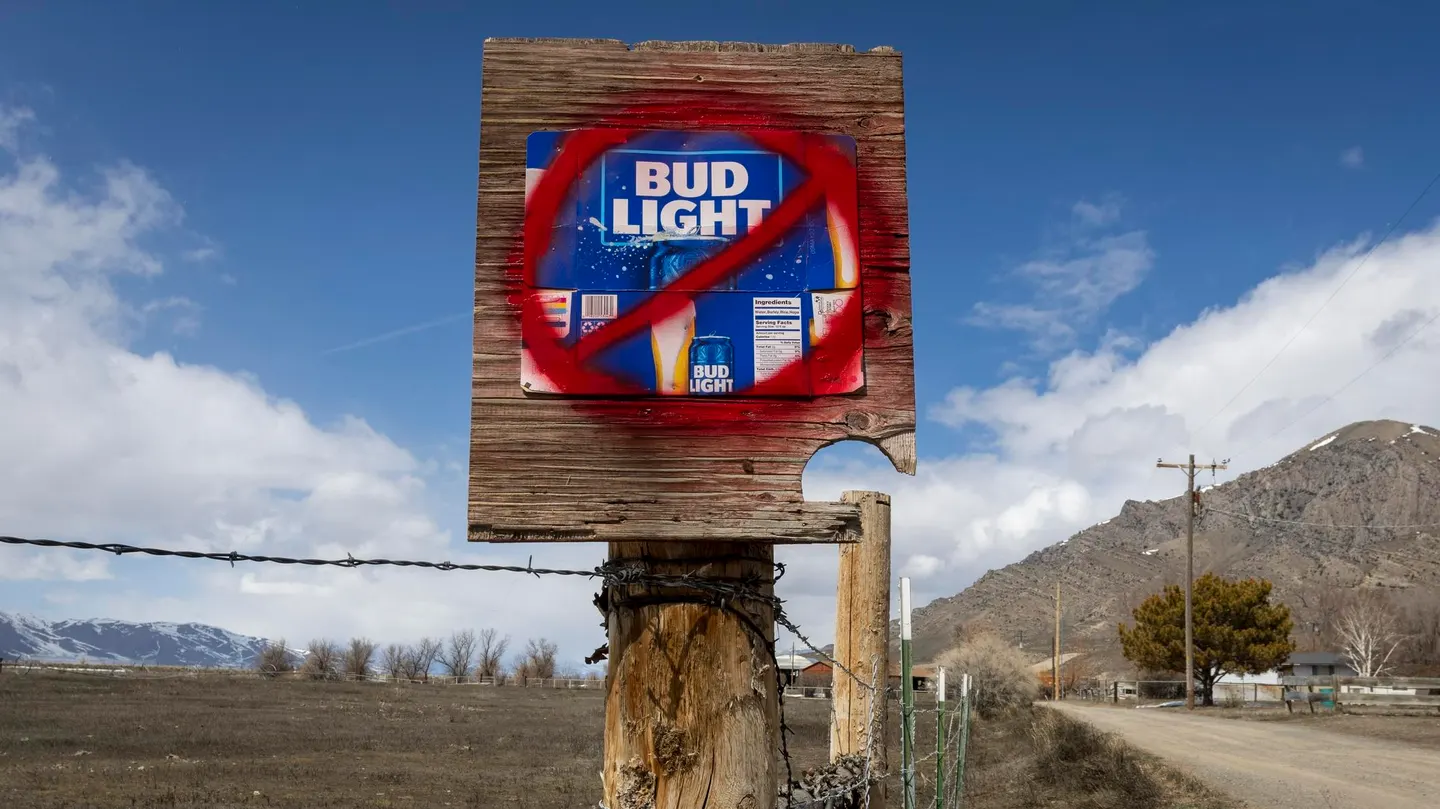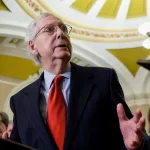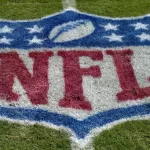- Home
- Billionaires
- Investing Newsletters
- 193CC 1000
- Article Layout 2
- Article Layout 3
- Article Layout 4
- Article Layout 5
- Article Layout 6
- Article Layout 7
- Article Layout 8
- Article Layout 9
- Article Layout 10
- Article Layout 11
- Article Layout 12
- Article Layout 13
- Article Layout 14
- Article Sidebar
- Post Format
- pages
- Archive Layouts
- Post Gallery
- Post Video Background
- Post Review
- Sponsored Post
- Leadership
- Business
- Money
- Small Business
- Innovation
- Shop
Recent Posts
Trump Criticizes Woke Culture and Supports Reviving Bud Light

Former President Donald Trump has stepped into the brewing controversy surrounding Bud Light’s tumultuous ad campaign featuring transgender star Dylan Mulvaney, urging his supporters to give the brand a “Second Chance.” In a recent post on his Truth Social platform, Trump praised Anheuser-Busch, the producer of Bud Light, as a “Great American Brand” and insisted that the company, despite its misstep, is “not a woke company.”
The call for reconciliation comes after Bud Light faced severe backlash from conservative circles last year for its partnership with Mulvaney. The ad campaign, launched in April, quickly became a lightning rod for controversy, with many right-wing figures calling for boycotts against the beer giant. Despite the fallout, Trump, who himself abstains from alcohol, advocated for an end to the boycott, redirecting focus towards other companies allegedly seeking to undermine American values.
Anheuser-Busch, the St. Louis-based brewing company behind Bud Light, has been grappling with declining sales in the wake of the Mulvaney debacle. The company’s brief collaboration with the transgender star triggered widespread condemnation among conservative influencers and consumers, leading to a significant dent in sales and stock prices.
Trump’s endorsement of Anheuser-Busch and Bud Light’s redemption effort underscores the political and cultural divide that has engulfed corporate advertising in recent years. The former president’s vocal support for the beer brand signals a broader pushback against what some perceive as “woke” marketing tactics, wherein companies align themselves with progressive causes to appeal to younger demographics.
Despite the controversy, Bud Light remains a significant player in the American beer market. However, its loss of the top-selling position last year to Modelo Especial underscores the impact of consumer backlash on corporate bottom lines. The company’s shares also experienced a notable downturn following the fallout, highlighting the financial repercussions of alienating conservative consumers.
Dylan Mulvaney, the transgender influencer at the center of the controversy, has been critical of Bud Light’s handling of the situation. In a statement, Mulvaney expressed disappointment in the company’s failure to defend her against right-wing attacks, emphasizing the importance of corporate allyship for marginalized communities. Mulvaney’s remarks shed light on the complexities of navigating social issues in the corporate sphere and the potential consequences of remaining silent in the face of controversy.
In response to the fallout, Bud Light has embarked on a rebranding effort aimed at reclaiming its market share and restoring its reputation. The company’s recent Super Bowl commercial featuring notable figures such as Peyton Manning and Post Malone signals a strategic shift towards a more inclusive and mainstream appeal. Additionally, Bud Light’s partnership with controversial comedian Shane Gillis and its advertising presence at high-profile events like the Las Vegas Sphere reflect a broader attempt to court diverse audiences while navigating the complexities of modern-day marketing.
As Bud Light seeks to regain lost ground and mend fences with alienated consumers, the broader implications of its advertising misstep reverberate throughout the corporate world. Trump’s endorsement of the brand’s redemption effort underscores the ongoing battle between progressive values and conservative backlash in the realm of corporate advertising. Whether Bud Light’s Second Chance will translate into a resurgence in sales and consumer trust remains to be seen, but the controversy surrounding its ad campaign serves as a cautionary tale for companies navigating the increasingly polarized landscape of American culture and politics.
Recent Posts
Categories
- 193cc Digital Assets2
- 5G1
- Aerospace & Defense46
- AI37
- Arts3
- Banking & Insurance11
- Big Data3
- Billionaires449
- Boats & Planes1
- Business328
- Careers13
- Cars & Bikes76
- CEO Network1
- CFO Network17
- CHRO Network1
- CIO Network1
- Cloud10
- CMO Network18
- Commercial Real Estate7
- Consultant1
- Consumer Tech180
- CxO1
- Cybersecurity68
- Dining1
- Diversity, Equity & Inclusion4
- Education7
- Energy8
- Enterprise Tech29
- Events11
- Fintech1
- Food & Drink2
- Franchises1
- Freelance1
- Future Of Work2
- Games141
- GIG1
- Healthcare78
- Hollywood & Entertainment186
- Houses1
- Innovation42
- Investing2
- Investing Newsletters4
- Leadership65
- Lifestyle11
- Manufacturing1
- Markets20
- Media193
- Mobile phone1
- Money13
- Personal Finance2
- Policy567
- Real Estate1
- Research6
- Retail1
- Retirement1
- Small Business1
- SportsMoney33
- Style & Beauty1
- Success Income1
- Taxes2
- Travel10
- Uncategorized8
- Vices1
- Watches & Jewelry2
- world's billionaires418
Related Articles
Netflix Secures 2027 and 2031 Women’s World Cup Rights
Netflix has clinched an exclusive streaming deal for the next two FIFA...
By 193cc Agency CouncilDecember 20, 2024Meta Fixes Facebook, Instagram, WhatsApp Outages
Meta, the parent company of Facebook, Instagram, and WhatsApp, faced significant outages...
By 193cc Agency CouncilDecember 12, 2024Roy Jones Jr. Confident He Can Beat Jake Paul, Issues Challenge
Boxing legend Roy Jones Jr. has made waves by declaring that he’s...
By 193cc Agency CouncilDecember 11, 2024Tsunami Warning Lifted After 7.0 Quake Off California Coast
A tsunami warning that affected large portions of northern California and Oregon,...
By 193cc Agency CouncilDecember 6, 2024















Leave a comment